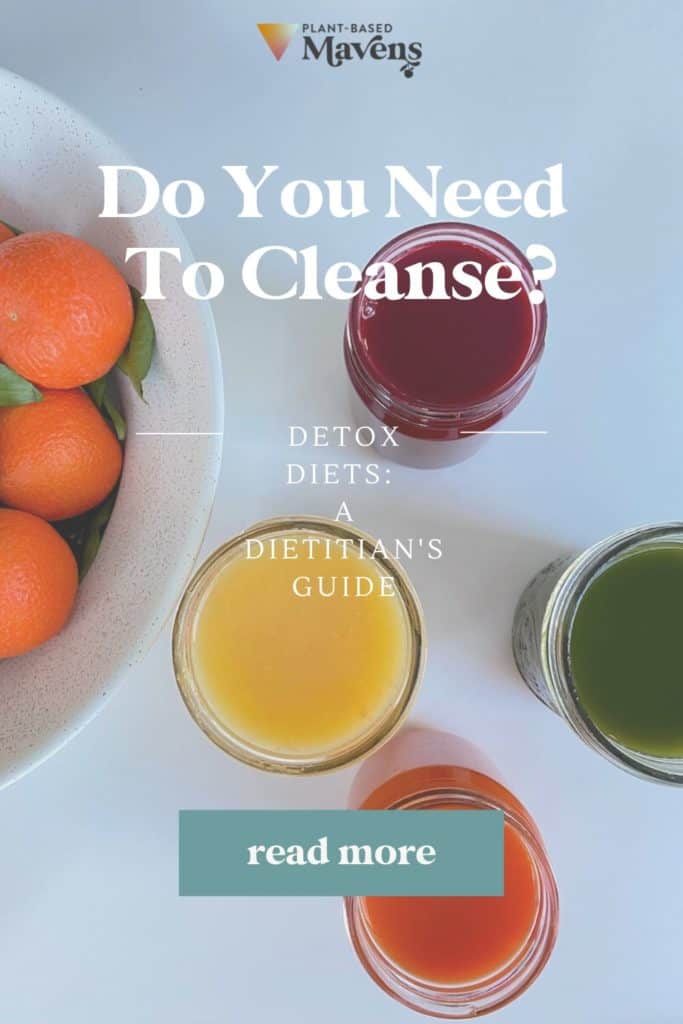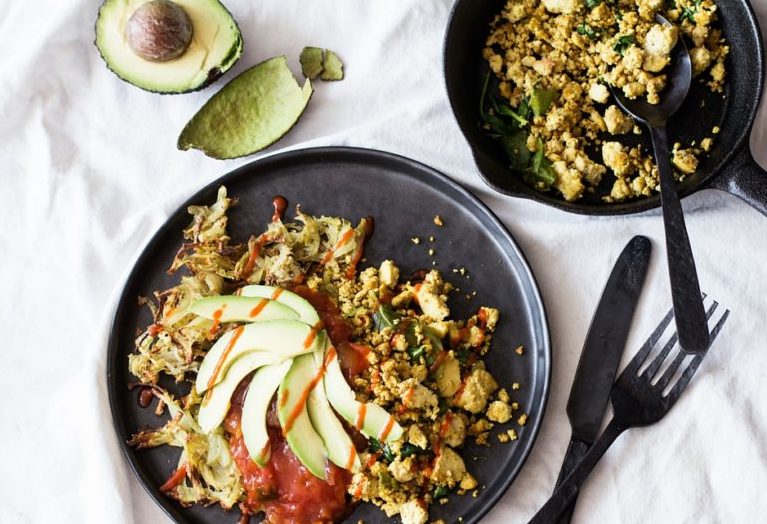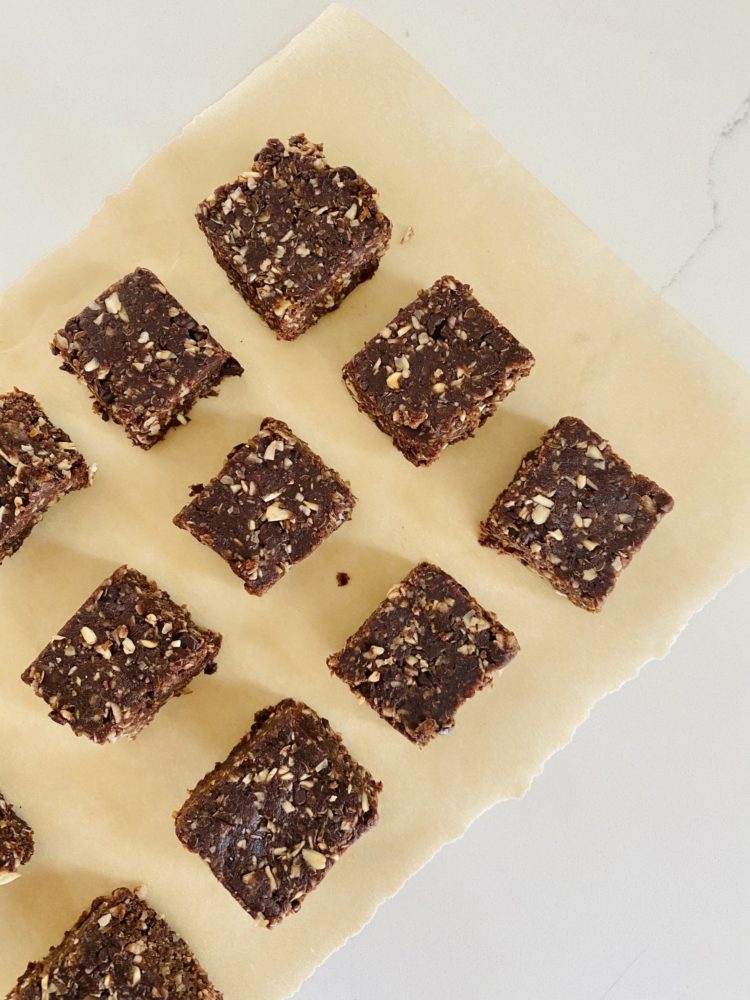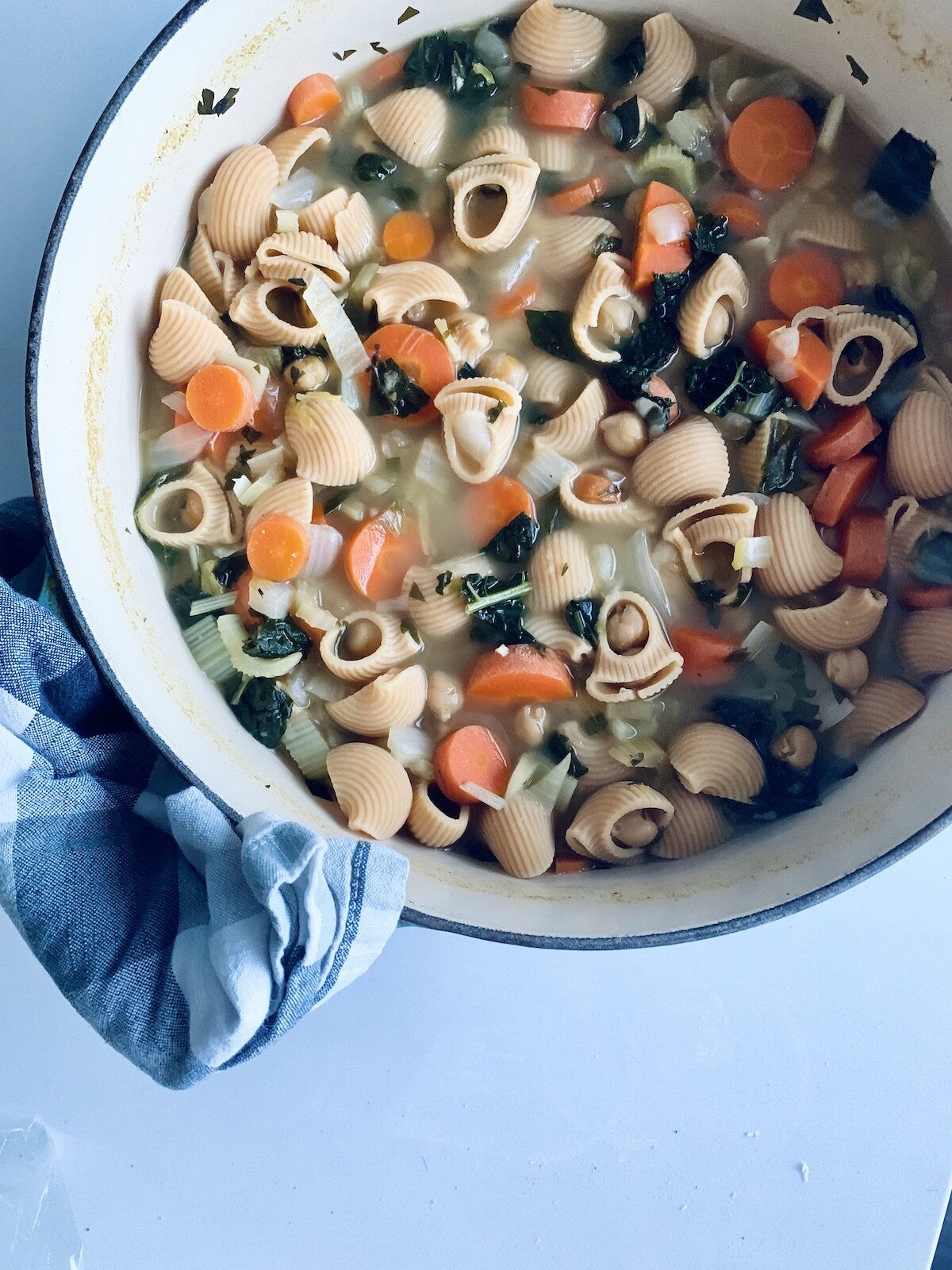I know you’ve heard of them, and probably even contemplated following one. Detox diets come in many forms and tend to rise in popularity around the new year and again when “bikini season” comes around. As a registered dietitian, I have a lot to say about these cleanses. In this article we’re talking about what detox diets are, whether or not we need to detox, and how to support your body’s natural detoxification system.

What are detox diets?
Detox diets come in many different forms – fasting, juice cleansing, “eating clean”, and drinking unexpected concoctions (cayenne/lemon/maple syrup, for example). They often involve other practices like laxatives, diuretics, colonics, saunas, and supplements. The premise of detox diets is that the body is unable to detoxify itself, so specific protocols must be followed to clear toxins from the body, bolster your health, and, as with all dieting promises, lose weight.
Why are detox diets so appealing?
First, I want to acknowledge the very real appeal of detox diets. The allure is undeniable, mostly because it preys on the very human part of our psychology that wishes to be “pure” and longs for a clean slate in areas of our lives that feel messy and complicated, like our relationship with food and our bodies.
I find that people are most attracted to the idea of dieting or detoxing when they feel out of control in other areas of their lives. During certain times of our lives (holidays, vacations, new parenthood, crisis), we are prone to eat types and amounts of foods that may not be part of our normal routine. Our other self-care practices like good sleep or exercise might also get out of sorts. So, looking for a solution to feelings of burnout and chaos in the form of a structured detox diet with alluring promises makes a lot of sense.
The idea of detoxing implies that your body or what’s inside your body is dirty or toxic and that self-control and careful manipulation of what you eat is the solution. Although appealing, this is not a very supportive way to think about yourself. It chips away at that oh-so-important mind-body connection by turning your body into the villain. The requirements of detoxes – restriction, control, hyper-manipulation of your food – these, ironically, are all toxic behaviors! So, they certainly can’t be the answer to better health.
For more on how to have a healthy relationship with food, check out the basics of intuitive eating.
Do you need to detox?
Like most fad diets, buried under all the fluff, there is a granule of truth. It is true that we are exposed to toxins everyday, both internally and externally.
Internal toxins are produced by our bodies.
Internal toxins include:
- Lactic acid
- Urea
- Wastes produced by our gut microbes
These are, for the most part, normal and expected products of metabolism.
External toxins come in through eating, drinking, breathing, and absorption through our skin.
External toxins include:
- Pesticides
- Heavy metals
- Air and water pollutants
- Chemicals from tobacco and alcohol
- Plastics (ex: BPA from plastic water bottles)
- Food additives and preservatives
- Household cleaning products, makeup, skincare products, antiperspirants, perfumes
- Pharmaceuticals
- Processed meats and advanced glycation end-products (AGEs) (produced from smoking, grilling, and charring foods)
- Persistent Organic Pollutants (POPs) (most common food sources are meat, dairy, and fish)
While there is an attempt to test and regulate all of the different toxins we are exposed to, it’s difficult to keep up. An estimated 2,000 new chemicals are introduced into foods and consumer products in the United States every year, most of which have not been tested for safety! And it is well-known that some synthetic chemicals can build up in the human body and that high doses of these chemicals can disrupt normal body functions including the reproductive, endocrine, and neurological systems.
Your body’s natural detoxification system
Now, let’s talk about how amazing your body is at taking care of itself. Your body has a built-in detoxification system that is working for you every single day. The liver, kidneys, respiratory, lymphatic and digestive systems all work together to process internal and external toxins and remove them from our bodies as urine, feces, respiration, and sweat. In other words, you can trust your body to detoxify itself. There are certainly things you can do to support your body in its natural detoxification process (we’ll talk about that next), but your body doesn’t need you stepping in with a jug of cayenne lemonade to try to manipulate the process.
Let’s talk about ways you can work with your body to support its natural detox system.
How to support your body’s natural detox system
Studies have concluded that there is currently no evidence to support commercial detox diets, but there are some supportive steps you can take to ensure your body has what it needs to work as it was designed to work.
Food and lifestyle practices that are better than detox diets:
- Fruits and vegetables for their high phytonutrient content
- Specifically, cruciferous vegetables like cabbage, broccoli, dark leafy greens, and Brussels sprouts that may help regulate detoxification in the liver
- Fermented foods for a healthy gut microbiome
- High-fiber foods which can bind toxins and carry them out of the body
- Sulfur-containing foods like garlic and onion which can support the body’s production of glutathione, an antioxidant sometimes called “the master detoxifier”
- Spices like turmeric and coriander for anti-inflammatory properties
- Green tea because of its antioxidant activity
- Habits that support regular bowel movements
- Drinking plenty of water
- Daily movement
- Fiber
- Choosing organic produce when possible to avoid pesticides
- Movement to activate sweat and mobilize toxin elimination
- Staying hydrated
- Limiting exposure to external toxins when possible
- Filtering water
- Choosing non-toxic home and personal care products
If you step back and look at this list, you will see that evidence-based “detoxing” looks more like a sustainable, healthy lifestyle – not a radical, restrictive cleanse.
Other ways to “detox”:
Instead of focusing all of your energy on food and exercise, might I also suggest trying some of these other power detox practices:
- Unfollow or hide the social media accounts of people who trigger unhealthy thoughts (comparison, negative self-talk)
- Notice and reframe your negative self-talk
- Start a daily journaling habit to empty stressful thoughts from your mind
- Set boundaries in relationships that need them
The Top Weight-loss Myths – Busted!
Are you falling for these top plant-based weight-loss myths? Download my Plant-based Weight-loss Myths Guide to find out the truth!


